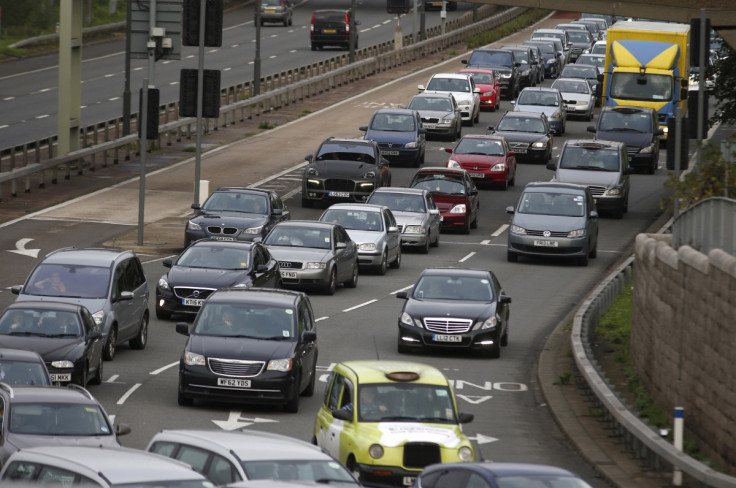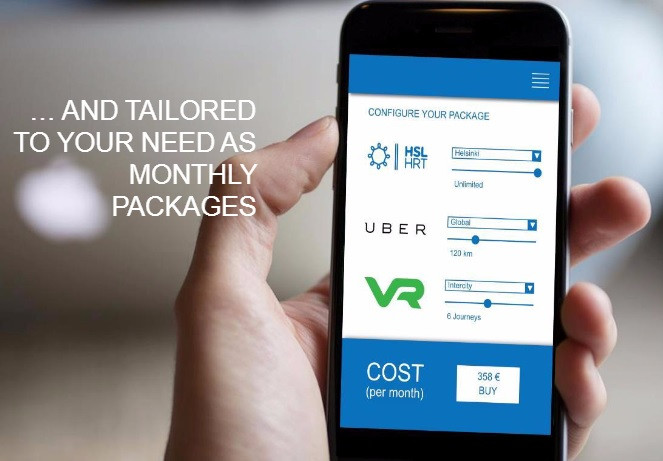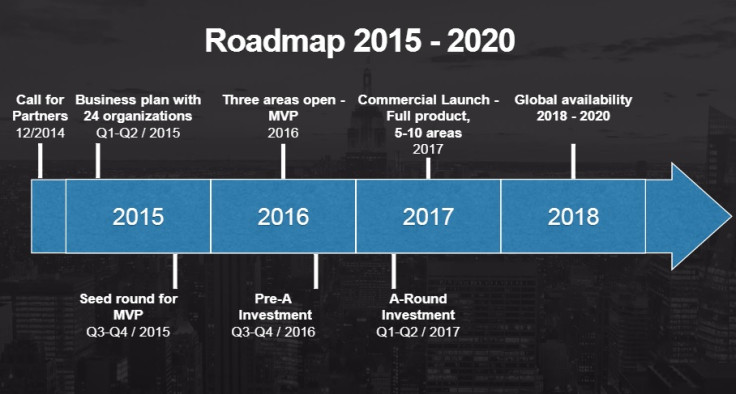Sell your car and subscribe to a Netflix-style transport service, says Helsinki start-up MaaS

The biggest shake-up in the 130-year history of the motorcar is about to begin – a shake-up so massive it would make the switch from petrol and diesel to electric look like a small skirmish in what is to become a great war.
But unlike in the telecoms and entertainment industries, where new and old have fought and disagreed since day one, the much larger and more established motoring industry is – slowly, for now at least – moving in the same direction as the startups that wish to disrupt it.
The manufacturers, both enormous and slow, know they can't compete in the efficiency stakes with dozen-employee firms hellbent on doing to the car industry what Silicon Valley has done to music, film, TV, mobile phones, software development and gaming.
But the likes of Ford, BMW and VW Group have the brand value and bank balances to make things happen and are used to thinking 10 years ahead.
The direction they are both heading in is towards a future where mobility is seen as a service.
Instead of owning a car, we would pay a monthly subscription to platforms that combine car hire, taxis, buses, trains, bicycles, Segways and anything else on wheels.
'Mobility as a Service
This future has already been discussed publicly by car companies such as BMW and Ford, and now Finnish startup MaaS (Mobility as a Service) has proposed how such a service would work from the other side of the fence. Headed by chief executive Sampo Hietanen, MaaS wants to take the way we pay for subscriptions to Netflix and Spotify, yet never actually own the films and songs we watch and listen to, and extend that to the car and transport industry.

"I can't find an economy that shows better opportunity," Hietanen told a group of journalists, including IBTimes UK, in Helsinki. "We each have about €300 [£235] a month to spend on transport; it's 10 times bigger than [what we spend monthly on] telecoms. It's a huge, huge market – and what if this market, something 10 times the size of telecoms, is disrupted?"
Hietanen wants to create a business that taps into every area of transport we currently use to create a system like Citymapper on steroids: a service that provides a range of cars to drive yourself, plus bus and train travel, taxis – and perhaps even Segways, he says – for a flat monthly fee. Every public-transport operator would be on board, as would every car hire and ride-sharing scheme.
Private cars are not driven for 96% of the time
It seems unlikely, especially when you tell carmakers that it would surely slash the number of sales they make, but these early plans are captivating nonetheless. The starting point for MaaS is the claim that private cars are only used 4% of the time, which when fuel, insurance, tax, servicing and their original cost are taken into account, makes an incredibly high per-mile, per-minute or per-journey cost.
Hietanen's commitment to MaaS is as huge as the mountain he needs to climb to make it a success. He claims to have presented more than 1,000 speeches on it and regularly travels across the UK and Europe to spread the word about his grand plan. Both London and Manchester "are really pushing for this", he says.
"I'm totally overwhelmed and surprised at how well this has taken wind, because it has never had a media agency or lobbying power or anything like that," Hietanen told IBTimes UK. "It's running on the fuel of people just getting excited by it and enthusiastic. It's amazing, and brings back belief in the world that without any behind-the-scenes lobbying a phenomenon can still be born."

Subscribing to transport
Hietanen sees MaaS offering a smartphone app that lets you tailor your own monthly transport plan. On here, you would set how many miles of Uber travel you want, how many train journeys, and other parameters that each affect the total monthly price. Several set-price options could be made, a presentation by Mass explained. One would offer unlimited taxi use across the EU, which would be ideal for frequent business flyers. Another would be a family package that guarantees all tracked 'kid-safe' trips and that all vehicles would have a child seat, plus one long trip away each month.
MaaS may sound like a pipe dream belching out hot air, but investors are interested. The company earned $2.45m (£1.7m) of seed funding in February 2016 and is expecting more during its first funding round in the first half of 2017. It's a small first step, barely a blip on the radar compared with some startups with much smaller goals, but MaaS hopes to launch a commercial product – likely in Finland, where the small 5.5 million population can act as a testbed – in mid-2017, before going international between 2018 and 2020. Should this happen, MaaS would just be getting into its stride as the first wave of fully autonomous cars arrives, opening up another revenue stream.
To prove that anyone can live without their own car, and instead rely entirely on public transport and vehicle-sharing, Hietanen is to sell his own car in June. Married and with four children, he admits that he is not the ideal test case for MaaS, but if his family can make it work then maybe we can, too.
© Copyright IBTimes 2025. All rights reserved.






















